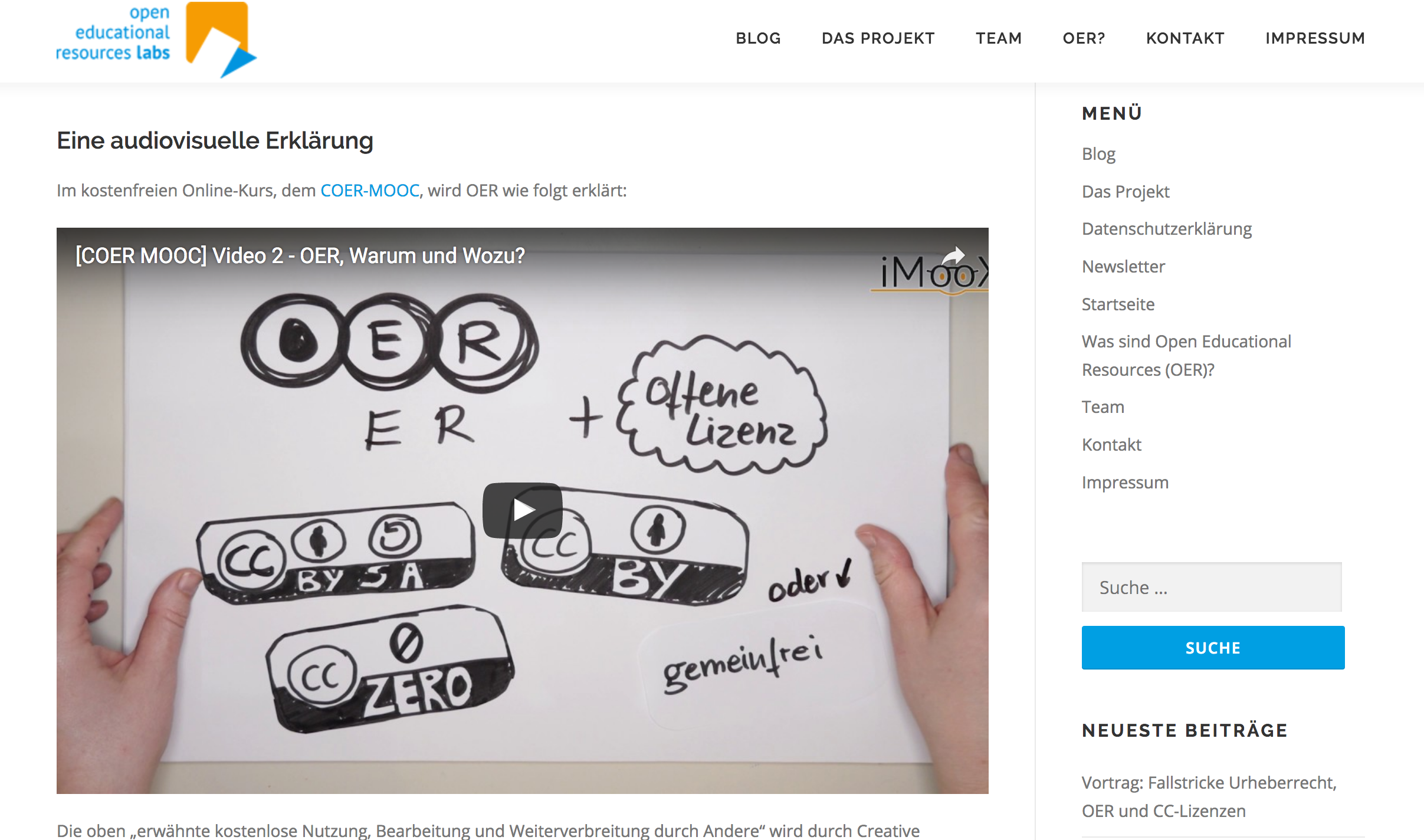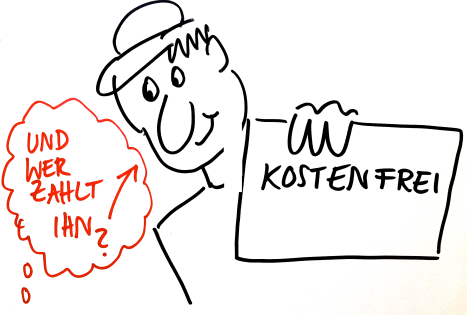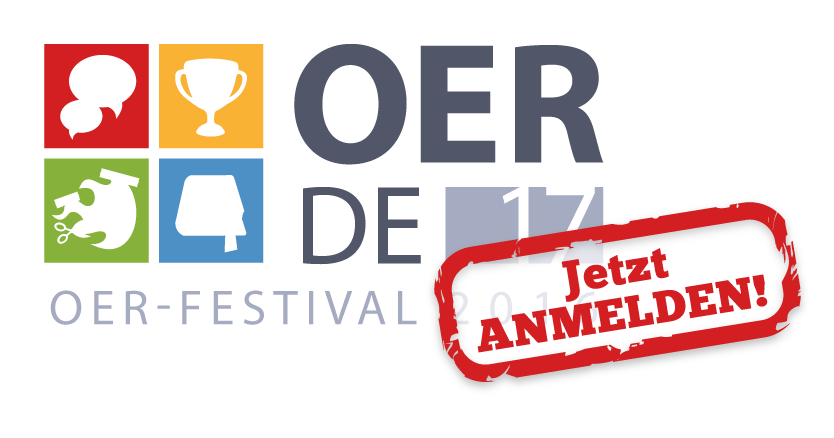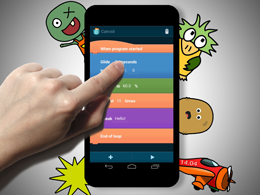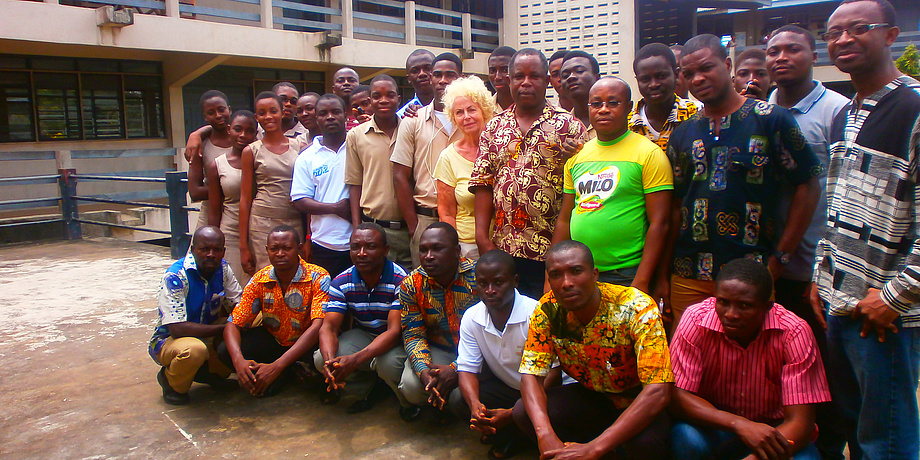 Wir können mit großem Stolz Margarete Grimus gratulieren, die in den letzen Jahren Tolles geleistet hat und die Bildung in Ghana im Rahmen ihrer Dissertation untersuchte. Sie schaffte dabei das Unmögliche möglich zu machen, in dem sie versuchte mobile Learning zu integrieren:
Wir können mit großem Stolz Margarete Grimus gratulieren, die in den letzen Jahren Tolles geleistet hat und die Bildung in Ghana im Rahmen ihrer Dissertation untersuchte. Sie schaffte dabei das Unmögliche möglich zu machen, in dem sie versuchte mobile Learning zu integrieren:
Die Motivation der Teilnehmenden machte Unannehmlichkeiten wie permanente Stromausfälle und schlecht gewartete und virenverseuchte Geräte mehr als wett.
Die TU Graz gratuliert und widmet ihrer Arbeit einen Beitrag auf der Homepage. Wir wünschen viel Vergnügen beim Nachlesen.



